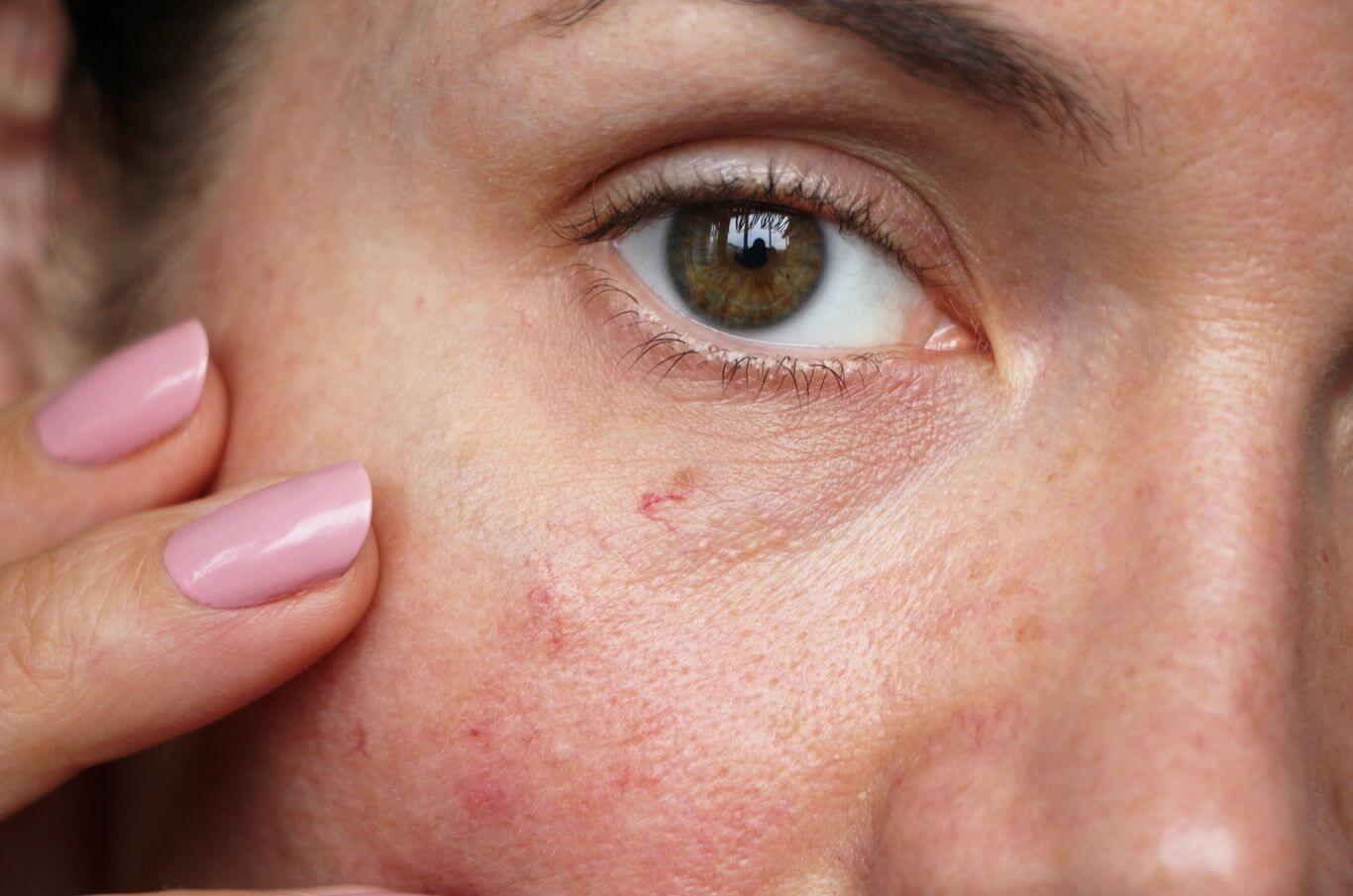Canker Sore Relief: Celiac Disease Connection

The elusive canker sore, a painful and mysterious enemy of oral health. For many, these small, shallow lesions appear without warning, bringing with them a world of discomfort and frustration. While the exact cause of canker sores remains unknown, emerging research suggests a fascinating link between these oral ulcers and celiac disease, an autoimmune disorder triggered by the ingestion of gluten. In this article, we’ll delve into the intricate relationship between canker sores and celiac disease, examining the latest findings and exploring the potential implications for those seeking relief from these pesky oral lesions.
To begin, let’s take a step back and examine the basics of canker sores. Also known as aphthous ulcers, these small, round or oval lesions typically appear on the inside of the mouth, tongue, or lips. Characterized by a white or yellowish center surrounded by a red border, canker sores can be painful and may make eating, drinking, or even speaking a chore. While minor canker sores often heal on their own within a week or two, larger ulcers can persist for several weeks, causing significant discomfort and distress.
Now, let’s turn our attention to celiac disease, a chronic autoimmune disorder affecting an estimated 1 in 100 people worldwide. Triggered by the ingestion of gluten, a protein found in wheat, barley, and rye, celiac disease causes the immune system to mistakenly attack the small intestine, leading to damage and malabsorption of essential nutrients. Common symptoms include diarrhea, abdominal pain, and fatigue, although many individuals with celiac disease may experience no noticeable symptoms at all.
So, how do canker sores and celiac disease intersect? Research suggests that individuals with celiac disease are more likely to experience recurring canker sores, with some studies indicating a prevalence rate of up to 30% in this population. But why might this be the case? One theory is that the chronic inflammation and immune system dysregulation characteristic of celiac disease may contribute to the development of canker sores. Additionally, the malabsorption of essential nutrients, such as iron, vitamin B12, and folate, which is common in celiac disease, may also play a role in the formation of these oral ulcers.
For those suffering from canker sores and celiac disease, adopting a gluten-free diet may be a crucial step in managing symptoms. By eliminating gluten from the diet, individuals with celiac disease can help reduce inflammation, promote healing in the small intestine, and potentially decrease the frequency and severity of canker sores. Additionally, ensuring adequate nutrition, including essential vitamins and minerals, may also help support oral health and reduce the risk of canker sores.
Pros of a Gluten-Free Diet for Canker Sore Relief
- Reduced inflammation and immune system dysregulation
- Promotes healing in the small intestine
- May decrease frequency and severity of canker sores
Cons of a Gluten-Free Diet
- Potential for nutritional deficiencies if not properly planned
- Higher cost of gluten-free products
- Social and culinary challenges associated with gluten-free diet
In addition to dietary changes, several other strategies may help alleviate canker sore symptoms. Topical anesthetics, such as benzocaine or lidocaine, can provide temporary pain relief, while protective pastes or mouthwashes may help reduce discomfort and promote healing. Avoiding spicy, acidic, or sharp foods, as well as practicing good oral hygiene, including regular brushing and flossing, may also help prevent canker sores or reduce their severity.
Managing Canker Sore Symptoms: A Step-by-Step Guide
- Avoid triggering foods and substances
- Practice good oral hygiene
- Use topical anesthetics or protective pastes as needed
- Consider adopting a gluten-free diet if diagnosed with celiac disease
In conclusion, the connection between canker sores and celiac disease is a complex and multifaceted one, with emerging research suggesting a significant link between these two conditions. By understanding the potential relationship between celiac disease, gluten, and canker sores, individuals can take proactive steps to manage symptoms and promote oral health. Whether through dietary changes, topical treatments, or a combination of both, canker sore relief is within reach for those willing to explore the intricacies of this fascinating connection.
What is the exact cause of canker sores?
+The exact cause of canker sores remains unknown, although research suggests that a combination of genetic, environmental, and immune system factors may contribute to their development.
How common are canker sores in individuals with celiac disease?
+Studies suggest that up to 30% of individuals with celiac disease may experience recurring canker sores, although the exact prevalence rate is still unknown.
Can adopting a gluten-free diet help alleviate canker sore symptoms?
+Yes, adopting a gluten-free diet may help reduce inflammation, promote healing in the small intestine, and potentially decrease the frequency and severity of canker sores in individuals with celiac disease.


